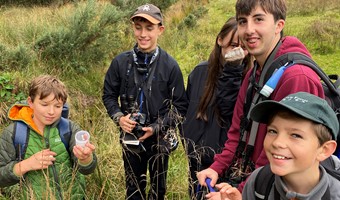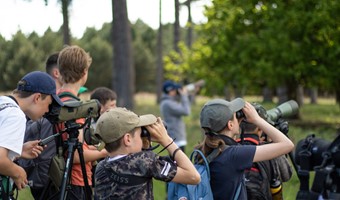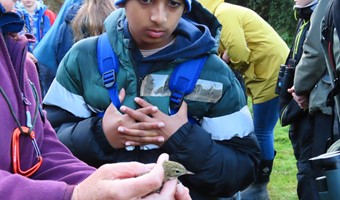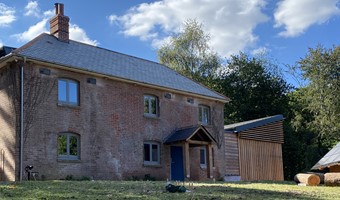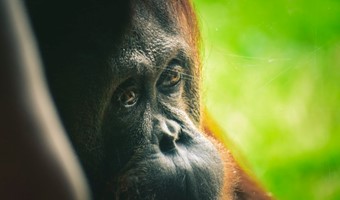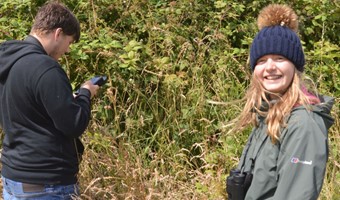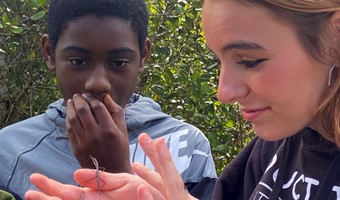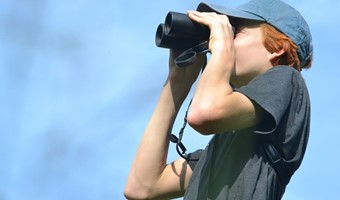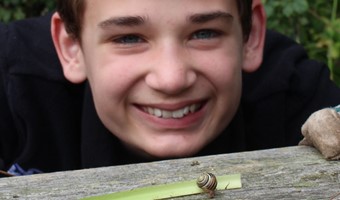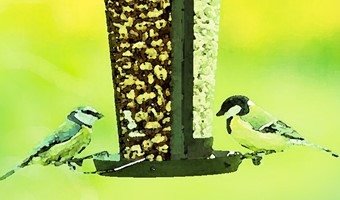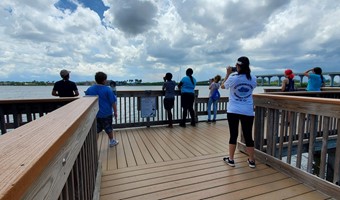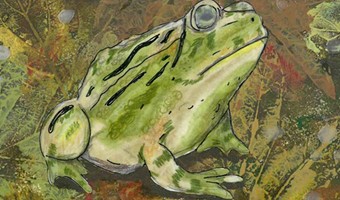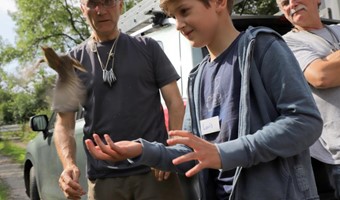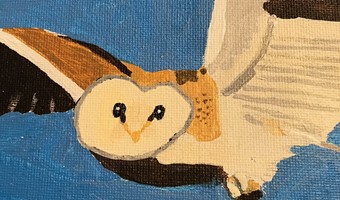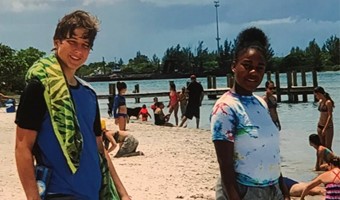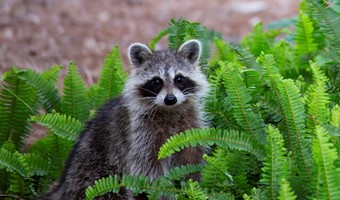Talia Felstead, one of the Young Naturalists, a group that we sponsor with Hampshire Wildlife Trust, was offered an opportunity to join a research project in Tanzania and Malawi with Operation Wallacea. Operation Wallacea ia an environment research and expedition organisation that runs a series of biological and conservation management research programmes operating in remote locations.
As part of her Biology A level, she was offered the opportunity to join a research project in Tanzania and Malawi with Operation Wallacea for two weeks in July. This project involved helping scientists with surveying and recording the wildlife around crater lakes in Tanzania, whilst working with local school children in order to evaluate the potential impact of tourism on the local environment. After that, the team went to Malawi to assist with further surveys of the fish population in Lake Malawi.
We were able to partly sponsor Talia to help her raise the money she needed to attend this trip. Attached is the report of her experience and how it taught her about conservation and the skills needed to work in wildlife conservation in the future.
Talia's Report
During the first 5 days I was in Tanzania, near one of the crater lakes known as Lake Kisiba. We stayed at the local school, getting to work with the students to teach them about England and learning about their culture as well.
The conservation team in Kisiba are working to survey the species present in the lake. This will help to protect them in the future. The first task my group had was to collect invertebrate samples from the lake and from a nearby stream. Using kick sampling we collected the invertebrates in nets before identifying them. Unfortunately some had to be preserved in ethanol to be studied in the lab but the majority were released. We found a variety of species including cichlid fry, dragonfly nymphs and some freshwater crabs.
The other sampling we did around the lake was taking water and plankton samples. We then analysed these in the lab, finding the different plankton species in Lake Kisiba. After doing this we got a chance to look around the lake shore, a few of the group taking the opportunity to find some of the land invertebrates at the lake. We succeeded in finding a dragonfly, butterflies and a stalk-eyed fly. A small skink even showed itself to us long enough to get a quick photo before disappearing again!
We also discovered some less welcome ‘bugs’ when we returned to our dorm rooms. African Wolf Spiders the same size as an adults hand, luckily they aren’t venomous and we caught them in a cup to take them away from the dorms.
One of the other activities I took part in at Kisiba was a bird survey. After helping to set up two mist nets to catch the birds it took just 20 minutes before six birds had been caught, a pair of Little Bee Eaters, a pair of an unidentified species of Greenbul, an Olive Sunbird and a Variable Sunbird. The birds were weighed, measured and photographed before being released, with the larger species being released by my group. I got to release one of the Little Bee Eaters, a bird that has always been one of my favourites!
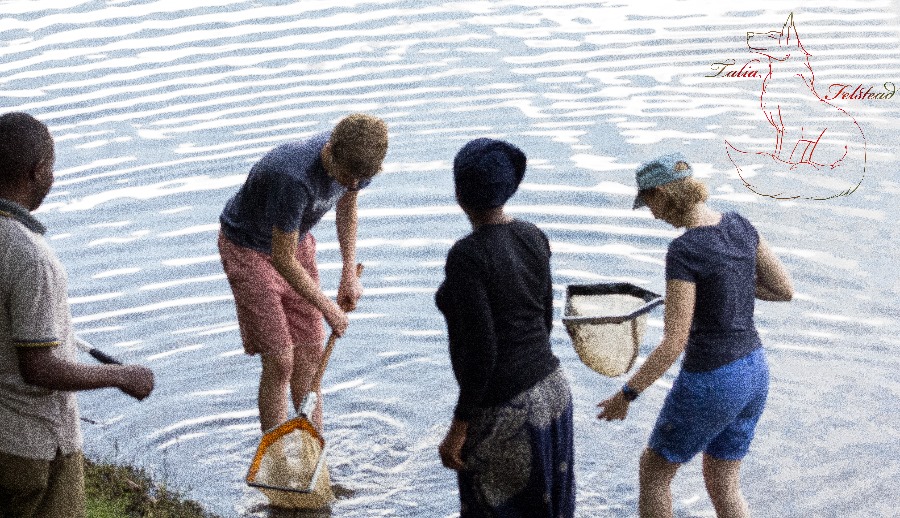
After the 5 days at Kisiba we moved to Nkhata Bay, on the shore of Lake Malawi. Here we took part in fish surveys, gaining our PADI dive certificate in the process. Lake Malawi is the eighth largest lake in the world and holds more species than any other lake. In particular the scientists are studying the cichlid species that are unique to the lake. Currently Lake Malawi is being severely overfished, many of the large fish species are no longer caught and the majority of fish sold at the local markets are tiny. Because of this it is important to know what fish are in the lake, with the cichlids being the most important for scientists as they are found only in Lake Malawi. To survey the fish we used both GoPros and underwater writing equipment to record fish as we saw them.
As well as surveying fish in the bay we went out to a nearby beach to take some invertebrate samples, using the same techniques as we used at Kisiba. While going on this trip we got to feed a pair of wild African Fish Eagles, an experience I believe will never be matched. They are massive birds with 2 meter wingspans and they were just meters from the boats!
Another thing I loved about Nkhata Bay was the lizards. I couldn’t go anywhere without finding a few on the path ahead. Both Five Lined Skinks and a species I suspect is a Rainbow Skink could be found sunning themselves on the rocks at any time of the day. My dive group also had the experience of swimming with a Rock Monitor, one of the larger reptile species in the area.
After a week at Nkhata Bay we moved down to Liwonde National Park for a bit of a holiday. We went on a land safari and a river safari, even being lucky enough to see a large herd of elephants along with the other species in the park.
Overall, Operation Wallacea was an amazing experience and one I would love to take part in again. If I ever get the opportunity to go on a similar trip I will definitely take it! Doing this trip has taught me much more about conservation and how is it done as well as giving me important skills and experience for the area I want to work in, wildlife conservation.
